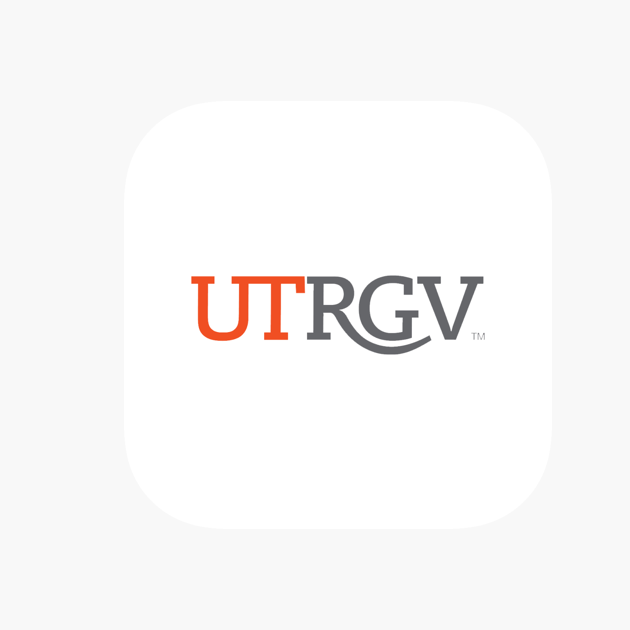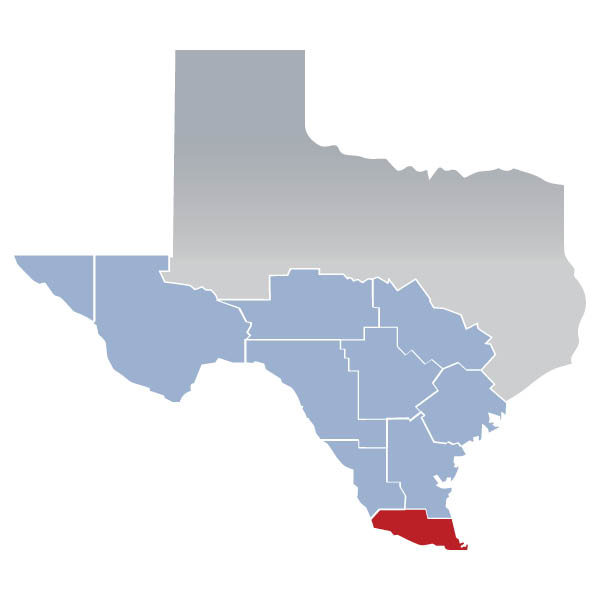Blackboard is a powerful online learning management system widely used at the University of Texas Rio Grande Valley (UTRGV). It serves as an essential hub for accessing course materials, submitting assignments, participating in discussions, and communicating with instructors and fellow students. For newcomers, navigating Blackboard can feel overwhelming, but with this guide, you’ll discover how to make the most of this platform efficiently. Let’s explore the key features and functionalities that will help you get started with UTRGV Blackboard.
Accessing UTRGV Blackboard
Creating Your UTRGV Account
Before you can use Blackboard, you must ensure you have a UTRGV account set up. If you’re a new student or staff member, you should receive credentials for your account after you’ve been admitted or hired. Your username typically consists of your UTRGV email, while your password is issued by the university. To log in, visit the UTRGV homepage and click on the Blackboard link in the menu or go directly to the Blackboard login page. Enter your credentials and click “Log In” to access your dashboard.
Upon successfully logging in, you’ll be greeted with the Blackboard Dashboard. This central hub displays all your enrolled courses, notifications, and course announcements. You can customize your dashboard view by pinning your favorite courses for quicker access. Familiarize yourself with the layout as it helps you seamlessly navigate the features. Each course has its dedicated section, equipped with various tools and resources tailored to your learning needs.

Understanding Course Content
Exploring Course Materials
Once you enter a specific course, you’ll find a well-organized layout featuring different sections like “Syllabus,” “Assignments,” “Discussion Boards,” and “Course Materials.” The “Syllabus” section typically includes vital information about the course agenda, grading policies, and essential contact details for your instructor. Taking time to review this information sets the foundation for your understanding of the course expectations.
Accessing Resources and Readings
In the “Course Materials” section, you’ll find lectures, readings, and multimedia content organized into modules or folders. These resources provide the basis for your learning and are often essential for completing assignments. Make sure to download any PDFs or access links provided by your instructor. Keeping track of the assigned materials ensures you stay up-to-date with the coursework and can actively participate in class discussions.
Submitting Assignments
Understanding Submission Guidelines
Completing and submitting assignments is a critical component of your academic success. In the “Assignments” section of Blackboard, you’ll find a list of tasks along with their due dates and submission guidelines. Review these guidelines carefully, as they specify the required format, word count, and any necessary attachments. Failure to follow these instructions could lead to lower grades or, in some cases, failed submissions.
Step-by-Step Submission Process
When you’re ready to submit an assignment, click on the relevant task in the “Assignments” section, and follow the prompts. You’ll usually find an option to attach files or input text directly into the submission box. After you’ve uploaded your work, review it to ensure everything is correct. Finally, click the “Submit” button. It’s wise to double-check your confirmation of submission afterward. This proactive approach helps prevent last-minute issues and ensures your assignments are submitted on time.

Participating in Discussions
Engaging with Peers and Instructors
Discussion boards within Blackboard facilitate interaction among students and instructors. Participating in these discussions is vital for developing your understanding of course materials and building a sense of community. You can find discussion topics outlined in the “Discussion Board” section, often with prompts provided by your instructor to guide the conversation.
Crafting Meaningful Contributions
When responding to discussion prompts, aim to provide thoughtful insights or questions rather than simple affirmations. Engage with your peers’ posts by following up on their ideas or offering constructive feedback. Quality contributions will help enrich the learning environment and may also contribute positively to your overall participation grade. Always remember to adhere to netiquette guidelines by being respectful and avoiding inflammatory language.
Communicating with Instructors and Classmates
Utilizing Messaging Features
Blackboard offers several options for communication, both with instructors and classmates. The “Messages” feature allows you to send direct messages without needing to rely on external email platforms. Simply navigate to the “Messages” section, compose your message, and select the recipient. This built-in feature keeps all communication organized and easily accessible within the platform.
Joining Class Announcements
In addition to messaging, pay attention to the “Announcements” section posted by your instructor. These announcements may include important updates, reminders about assignments, or changes in course logistics. Keeping track of these communications ensures you stay informed about your course and minimizes the risk of missing critical information.

Monitoring Grades and Feedback
Accessing Your Grade Center
Blackboard has a robust Grade Center that lets you monitor your academic progress. You can find this section within your course menu. In the Grade Center, you’ll see a list of assignments and scores provided by your instructor. This feature offers transparency about your performance and allows you to self-assess how you’re doing relative to the course expectations.
Interpreting Instructor Feedback
Instructors often provide feedback on assignments directly within the Grade Center. Reviewing this feedback is invaluable for understanding your strengths and identifying areas for improvement. If you have questions about specific comments or grades, don’t hesitate to reach out to your instructor through the messaging feature. This constructive dialogue can help clarify expectations and enhance your learning experience.
Utilizing Additional Tools and Resources
Exploring Integrated Tools
In addition to standard features, UTRGV Blackboard offers a variety of integrated tools that can enhance your learning experience. Tools like Blackboard Collaborate allow for real-time virtual classrooms where you can engage in lectures and discussions with your classmates and instructors. Familiarize yourself with these tools early in the semester to ensure you can utilize them effectively when required.
Seeking Technical Support
As you navigate through Blackboard, you may encounter technical challenges. UTRGV provides resources and support for students facing issues with the platform. Visit the UTRGV IT Support page for guides, troubleshooting tips, and contact information for technical assistance. This proactive approach can save you time and enable you to focus on what matters most—your education.
Tips for Effective Time Management
Establishing a Study Schedule
Managing your time effectively while using UTRGV Blackboard can make a substantial difference in your academic performance. Start by creating a study schedule that outlines specific times for each course based on assignment deadlines and exam dates. Use a digital calendar or planner app to set reminders for important tasks, ensuring you stay organized and never miss a submission. Having a clear plan allows you to balance your coursework with other commitments and activities, such as part-time jobs or family responsibilities.
Breaking Tasks into Manageable Chunks
Another effective strategy is to break larger projects into smaller, manageable tasks. For instance, instead of viewing a research paper as a single daunting assignment, divide it into parts such as topic selection, research, outlining, writing, and revising. Allocate time for each segment in your calendar. This method not only alleviates stress but also keeps you motivated as you check off completed tasks. By implementing effective time management techniques, you’ll pave the way for a successful academic journey on Blackboard, positioning yourself for a fulfilling experience at UTRGV.
Conclusion
Getting started with UTRGV Blackboard may seem challenging at first, but understanding its features and functionalities can significantly enhance your academic experience. Familiarize yourself with the platform by exploring course materials, submitting assignments, engaging in discussions, and communicating effectively with peers and instructors. Don’t forget to monitor your grades and utilize additional tools to maximize your learning. By following these steps, you’ll not only feel confident in using Blackboard but also set yourself up for success in your academic journey at UTRGV. Embrace the opportunities this platform offers and make the most of your educational experience!
